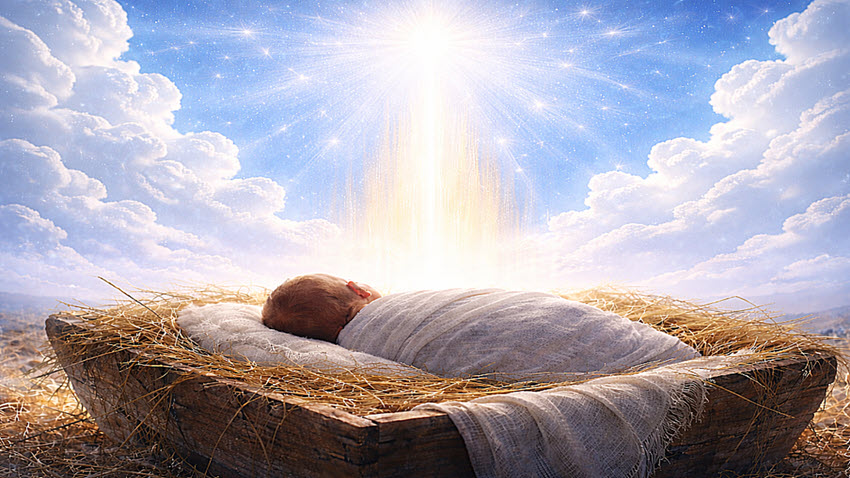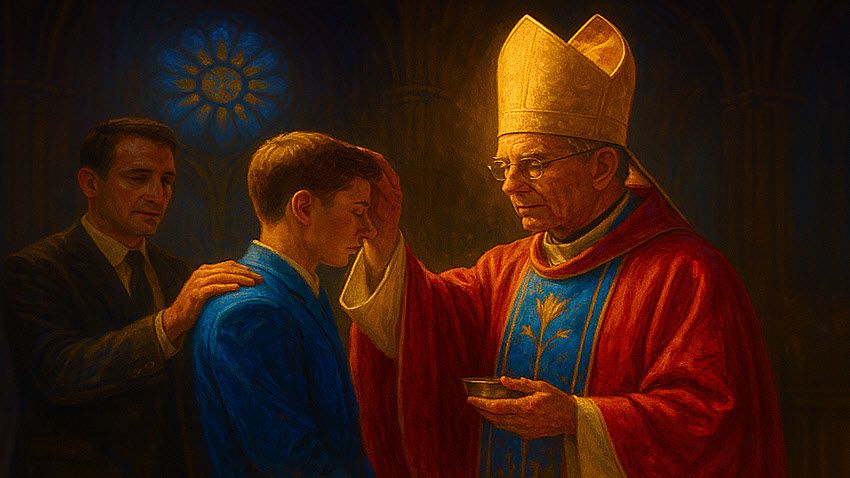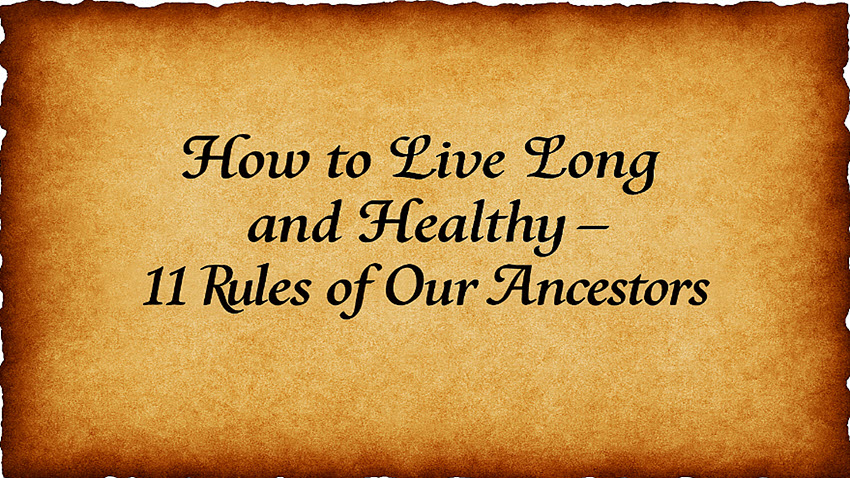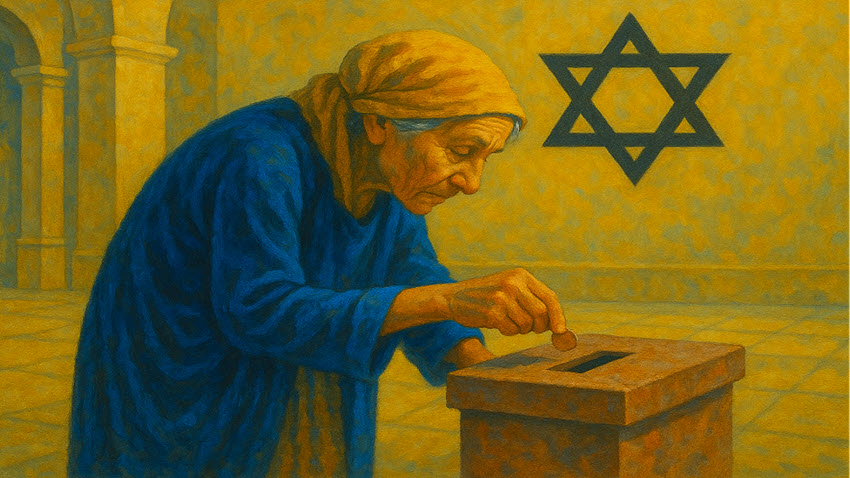1 – When was the Passover?
God the Lord brought the chosen people out of Egypt.
On this occasion, the nation of Israel was to celebrate the Passover feast every year:
“Set aside the month of Abib (24) and observe the Passover (6453) to the Lord your God (YHWH) , because the Lord your God (YHWH) brought you out of Egypt by night in the month of Abib.” – Deuteronomy 16:1.
The word abib 24 in biblehub means:
• Derived from an unused root meaning “to be tender” or “to sprout.”
• The term “Abib” refers to the stage of growth of grain crops, especially barley, when the ears are still green and tender.
• It is also used to designate the first month of the Hebrew calendar, which corresponds to the months of March and April in the Gregorian calendar.
• This month marks the beginning of the harvest and is associated with the Passover holiday.
• After the babylonian exile, the month Abib was renamed Nisan.
When did the change occur? (Internet source)
• During the exile (6th century BCE), the Israelites became familiar with the babylonian system of timekeeping and the names of the months.
• In the babylonian calendar, Nisannu (or Nissanu) was the first month of the year.
• After returning from captivity (edicts of Cyrus, 538 BC), the Israelites began to introduce the babylonian names of the months: Nisan, Tishri, Kislev, Tebet, etc.
“During the month of Nisan (5212) in the twentieth year of King Artaxerxes, when wine was set before him, I took the wine and gave it to the king. I had never been sad in his presence” – Nehemiah 2:1.
“In the first month, the month of Nisan(5212)…” – Esther 3:7
The word passover 6453 in biblehub means:
• a holiday commemorating the liberation of the Israelites from slavery in Egypt. Specifically, it marks the sacrificial lamb that was slaughtered and the feast that followed.
• Passover symbolizes God’s redemption and deliverance.
• The Passover holiday originates from the biblical account in Exodus 12, in which God commands the Israelites to sacrifice a lamb and mark the doorposts with its blood. This act was to protect them from the final plague that would befall Egypt: the death of the firstborn.
“YHWH said to Moses and Aaron in the land of Egypt, “This month is to be the beginning of months for you; it is the first month of your year. Tell the whole community of Israel that on the tenth day of this month they must each select a lamb according to their fathers’ families, one animal per family.” – Exodus 12:1-3.
“You are to keep it until the fourteenth day of this month; then the whole assembly of the community of Israel will slaughter the animals at twilight. (6153).” – Exodus 12:6.
“You are not to sacrifice the Passover animal in any of the towns the Lord your God (YHWH) is giving you. Sacrifice the Passover animal only at the place where the Lord your God (YHWH) chooses to have His name dwell. Do this in the evening (6153) as the sun sets at the same time of day you departed from Egypt. You are to cook and eat it in the place the Lord your God chooses, and you are to return to your tents in the morning. Eat unleavened bread for six days. On the seventh day there is to be a solemn assembly to the Lord your God; do not do any work.” – Deuteronomy 16:5-7.
The holiday began on the 14th day of the first month of Abib after sunset:
“The Passover to the Lord comes in the first month, at twilight (6153) on the fourteenth day of the month. The Festival of Unleavened Bread to the Lord is on the fifteenth day of the same month. For seven days you must eat unleavened bread.” – Leviticus 23:5-6.
2 – How did Christ celebrate the Passover?
During the Passover, Christ establishes a new holiday – the Memorial of death:
In the Christian Standard Translation these verses look like this:
“In the same way also He took the cup, after supper, and said,” This cup is the New Covenant in My blood. Do this, as often(3740) as you (302) drink it, in Remembrance of Me.” – 1 Corinthians 11:25
“For as often (3740) as (302) you eat this bread and drink the cup, you proclaim (2605) the Lord’s death until He comes.” – Corinthians 11:26.
Biblehub. The word 2605 means:
• The verb „kataggelló” is used in the New Testament to denote the act of declaring or announcing something with authority and conviction. It often refers to the public proclamation of the gospel or message of Christ. The term emphasizes the importance of spreading the truths of the Christian faith, often in a formal or public context.
• In the context of the early Christian church, „kataggelló” reflects the missionary zeal and apostolic mandate to spread the gospel to all nations. The early Christians were tasked with proclaiming the message of salvation through Christ, often in the face of persecution and opposition.
3 – The Connection between Passover and the Memorial of Death
Note that the Memorial of death is linked to the Passover, which means that:
1. The Passover was a memorial of the redemption and deliverance of the Israelites from Egyptian slavery,
2. At the Passover, a lamb was killed as a solemn Passover sacrifice,
3. Christ’s death is the redemption and deliverance of humanity,
4. At the Memorial of Christ’s death, the lamb is Christ.
Below are verses in which the New Testament returns in thought to Christ as the Lamb. The Lamb was the Passover sacrifice:
“The next day John saw Yeshu coming toward him and said, “Look, the Lamb (286) of God, who takes away the sin of the world! – John 1:29.“They said with a loud voice, Worthy is the Lamb who was slaughtered to receive power and riches and wisdom and strength and honor and glory and blessing!” – Revelation 5:12.
“Like a lamb (7716) led to the slaughter and like a sheep silent before her shearers, He did not open his mouth.” – Isaiah 53:7.
“For Christ our Passover Lamb has been sacrificed “– 1 Corinthians 5:7.
4 – Passover and Unleavened Bread
The Book of Leviticus clearly separates the Passover from the Feast of Unleavened Bread:
“The Passover to the Lord comes in the first month, at twilight (6153) on the fourteenth day of the month. The Festival of Unleavened Bread to YHWH is on the fifteenth day of the same month. For seven days you must eat unleavened bread.” – Leviticus 23:5-6.
The New Testament, however, combines these two names:
“The Festival of Unleavened Bread, which is called Passover, was approaching.” – Luke 2:21
There is a problem here:
• Passover in the strictly Biblical sense fell on the 14th of Abib.
• The Feast of Unleavened Bread formally lasted from the 15th to the 21st of Abib.
Since Passover took place on the 14th of Abib, and Unleavened Bread begins on the 15th of Abib, why does Luke combine these events and write: „the Feast of Unleavened Bread, which is called Passover”?
This suggests that the period of the 14th–21st of Abib (the Passover lamb, the supper, and the seven days of unleavened bread) could be treated as one festive sequence.
In Matthew 26:17 we read:
“On the first day of Unleavened Bread the disciples came to Yeshu and asked, ‘Where do you want us to make preparations for You to eat the Passover?’” – Mathew 26:17.
The evangelist writes: „on the first day of Unleavened Bread.” According to the book of Leviticus, this was already the 15th abib.
Also in Mark 14:12 we have something similar:
“On the first day of Unleavened Bread (106 – without leaven), when they sacrifice the Passover (3957) lamb, His disciples asked Him, “Where do you want us to go and prepare the Passover so that You may eat it?” – Mark 14:12.
The Hebrew Bible distinguishes between Passover (14 abib) and the Feast of Unleavened Bread (15–21 abib). The New Testament combines these holidays.
Summary
The Memorial of Christ’s death is a holiday that should be solemnly celebrated by every believer in the true God. Previously, God’s servants celebrated: the Passover and the feast of Unleavened Bread.
















Zapraszam do komentowania, wyrażania swojej opinii: